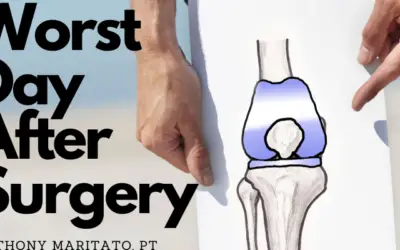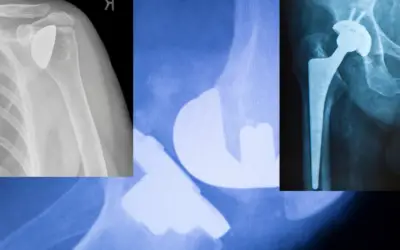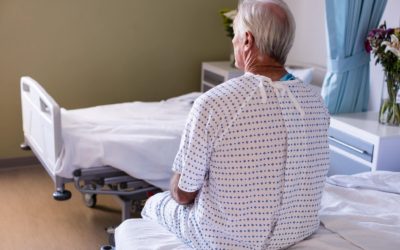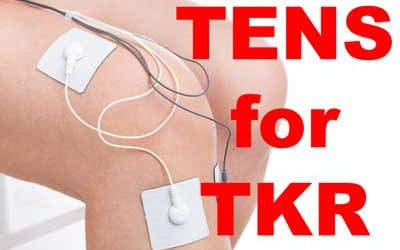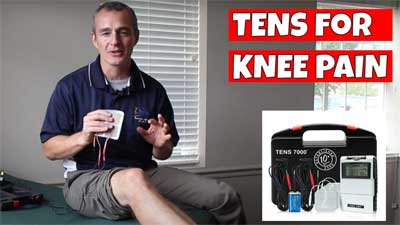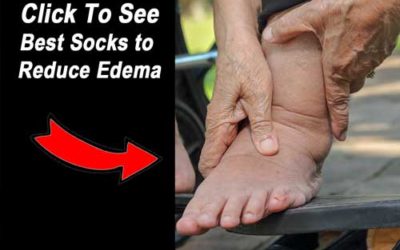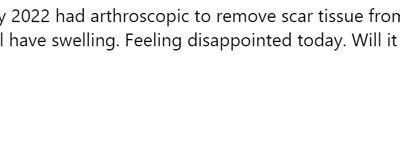Total Knee Replacement Pre Surgery Online Class
This total knee replacement class is 100% online, and totally FREE. In this three part class you will learn what to do 6-weeks before your surgery, the day of surgery, and 12-weeks after surgery.
* Class Dates To Be Announced
FREE Online Knee Replacement Pre-Surgical Class
In this video I share the first part of a three part class on preparing for your knee replacement surgery.
This portion of the class discusses pre-surgical considerations.
Watch time is 17:12 minutes.
What should I be doing 6-weeks before my knee replacement surgery?
There is lots to do before surgery. In this video you will hear some of the often forgotten parts of the pre-surgical plan.
What should I be doing the day of my knee replacement surgery?
The day of knee surgery you will need to follow you surgical teams recommendations.
Recommendations will vary slightly but be sure to utilize checklists to reduce the chances of forgetting any instructions.
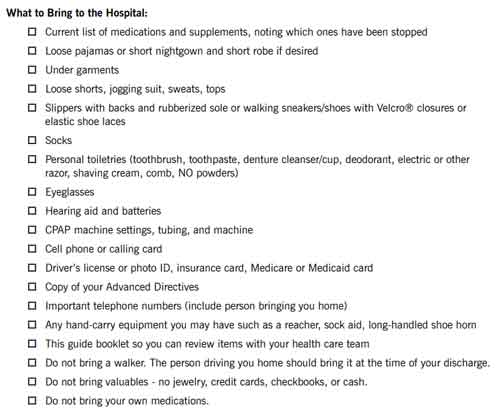
What can I expect during the first 12 weeks after surgery?
Immediately after surgery a physical therapist will help you stand and walk around your recovery room.
If surgery was performed in an outpatient surgery center you will return home the same day. Some patients will stay in the hospital for a short stay or transitioned to a skilled nursing facility if it is not safe to return home.
Therapy will begin the day of surgery and continue for an average of 6 to 12 weeks.
Most patients in the US will us a walker for the first few days then transition to a cane before walking independently without an assistive device.
Physical therapy may start in the home or skilled nursing facility before transitioning to an outpatient clinic or having a mobile therapist perform outpatient therapy in the patient's home.
Checklists
What to Bring to the Hospital on the Day of Your Knee Replacement:
Current list of medications and supplements, noting which ones have been stopped
Loose pajamas or short nightgown and short robe if desired
Under garments
Loose shorts, jogging suit, sweats, tops
Slippers with backs and rubberized sole or walking sneakers/shoes with Velcro® closures or elastic shoe laces
Socks
Personal toiletries (toothbrush, toothpaste, denture cleanser/cup, deodorant, electric or other razor, shaving cream, comb, NO powders)
Eyeglasses
Hearing aid and batteries
CPAP machine settings, tubing, and machine
Cell phone or calling card
Driver’s license or photo ID, insurance card, Medicare or Medicaid card
Copy of your Advanced Directives
Important telephone numbers (include person bringing you home)
Any hand-carry equipment you may have such as a reacher, sock aid, long-handled shoe horn
This guide booklet so you can review items with your health care team
Do not bring a walker. The person driving you home should bring it at the time of your discharge.
Do not bring valuables - no jewelry, credit cards, checkbooks, or cash.
Do not bring your own medications.
To improve my health before surgery:
I quit smoking to improve healing and reduce the risk of infection after surgery.
I had a dental check-up to make sure all my dental needs are taken care of before surgery.
I received a flu vaccination (if during flu season -- October through March).
I am eating lightly the week before my surgery to help reduce the risk of constipation.
I have increased fluids and fiber in my diet as well.
I had my diabetes checked, and it is under control (if applicable).
Things to do before surgery:
I have verified with my insurance company that I have coverage for my surgery.
I have attended the total joint replacement education class.
I have received my pre-admission testing schedule. If I have not received my schedule with in two weeks before my surgery, I will contact the surgery scheduling office.
I have completed all lab work requested from my surgeon’s office.
I will call my Specialty Care Coordinator if I have questions or concerns about my surgery.
I have talked to my Specialty Care Coordinator or surgeon about discharge options.
I have completed a Living Will or Health Care Power-of-Attorney to have on file in my chart.
I have not shaved my legs 3 days before my surgery.
I have arranged for someone to drive me home when I’m discharged from the hospital.
I have arranged for someone to drive me to my follow-up appointments.
More Blog Posts ...
Worst Day After Knee Replacement
What is the worst day after knee replacement? I am a physical therapist who specializes in treating patients after a total knee replacement. In my experience, the worst day after knee replacement is the third day. I will explain why in this article and share some...
What is the most painful joint replacement surgery in 2023
Introduction to Joint Replacement Surgeries Joint replacement surgery is a common and highly effective treatment option for severe pain and functional limitations associated with a variety of joint disorders. This surgical procedure involves replacing a damaged joint...
Bench Press With Shoulder Pain: A Comprehensive Guide
I have been a physical therapist since 2006 and a certified strength coach since 2001. If there is one thing I have learned over the past 22 years it is that pain does not always mean danger or damage. A simple rule of thumb for guiding your decision to stop an...
Surgery Clothes: What to wear for a total knee replacement surgery
Best Surgery Clothes for Before, During, and After your Knee Surgery I have been a licensed physical therapist since 2006 and have worked with hundreds of patients who underwent total knee replacement surgery over the past 16 years. One thing nobody prepares for are...
Muscle Spasm in Shoulder
Understanding and Treating Muscle Spasms in the Shoulder Muscle spasms in the shoulder can be incredibly uncomfortable and can significantly limit your range of motion and daily activities. Whether it's a sudden, involuntary contraction or a persistent tightening of...
Can TENS Unit Cause Heart Attack
Unraveling the World of Can TENS Unit Cause Heart Attack? Transcutaneous Electrical Nerve Stimulation (TENS) units are specialized devices widely used in the medical and physical therapy fields. These handy gadgets function by sending low-voltage electrical currents...
TENS for Knee Pain
Table of Contents TENS Unit for Knee Pain Contraindications for using TENS on Knee Pain Indication for Using TENS on Knee Pain TENS Unit for Knee Pain Transcutaneous Electrical Nerve Stimulation (TENS) is a non-invasive and drug-free method for pain relief that is...
Is foot swelling after knee surgery normal?
Foot swelling after total knee replacement surgery is a common concern among patients. This comprehensive guide will explore the causes of swelling, how to manage and reduce it, and steps to prevent it from occurring. Read on to learn more about foot swelling after...
Pros and Cons of Rooster Comb Injections for Knee Osteoarthritis
Rooster comb injections have become so popular in my area over the past 10 years. Since I am mostly treating patients after a total knee replacement surgery, I see the patients who were not helped by hyaluronic acid injections. In this article I want to share my...
Overcoming Challenges After Total Knee Replacement: A Guide to Recovery and Empowerment
In this article, we'll explore some strategies to help you walk without a limp and manage swelling following a total knee replacement (TKR) surgery. We'll also provide motivational quotes to keep you inspired and hopeful throughout your recovery journey. Motivational...
